FIVE-STAR TEAM WARRANTY &
SAME-DAY SERVICE
Best HVAC Systems for Home: Top Picks for Efficient and Reliable Heating and Cooling
When it comes to keeping your home comfortable, a reliable HVAC system is essential. HVAC, which stands for heating, ventilation, and air conditioning, is responsible for regulating the temperature, humidity, and air quality in your home. With so many options available, it can be overwhelming to choose the best HVAC system for your home. In this article, we will explore some of the top HVAC systems on the market and their features to help you make an informed decision.
One of the most popular types of HVAC systems is the central air conditioning system. These systems use a network of ducts to distribute cool air throughout the home, and they can be powered by electricity, gas, or oil. Another option is a ductless mini-split system, which is ideal for homes without existing ductwork. These systems use individual air handlers to cool specific zones in the home, allowing for greater flexibility and energy efficiency. Additionally, heat pumps are becoming increasingly popular as they can both heat and cool your home, making them a great all-in-one solution.
By understanding the different types of HVAC systems available and their features, you can choose the best option for your home. A reliable HVAC system not only keeps your home comfortable but can also save you money on energy bills in the long run. Keep reading to learn more about the best HVAC systems for your home.
Types of HVAC Systems
Central Air Conditioners and Heat Pumps
Central air conditioners and heat pumps are popular HVAC systems that can be used for both cooling and heating homes. These systems use ducts to distribute conditioned air throughout the house. Central air conditioners and heat pumps are efficient and can save homeowners money on energy bills. They are also relatively easy to maintain and can last for many years if properly cared for.
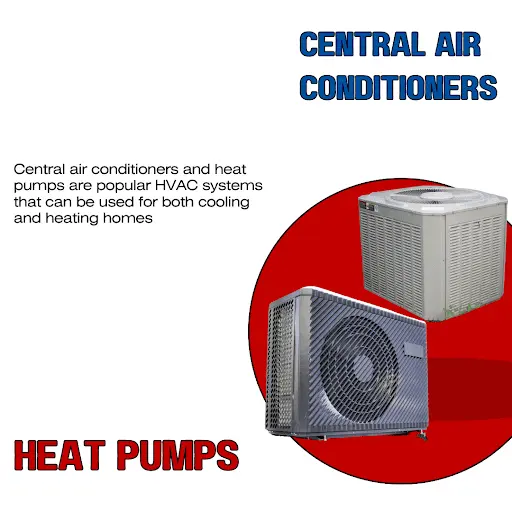
Ductless Mini-Split Systems
Ductless mini-split systems are another type of HVAC system that can be used for both cooling and heating homes. These systems do not require ducts to distribute conditioned air, making them ideal for homes without existing ductwork. Ductless mini-split systems are also energy-efficient and can save homeowners money on energy bills. They are easy to install and can be used to control the temperature in individual rooms.
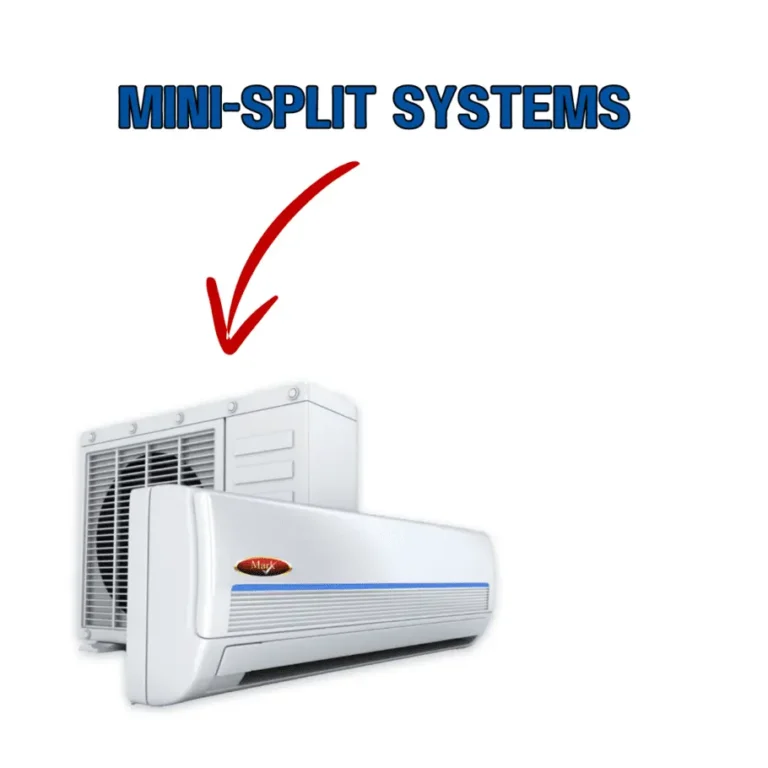
Geothermal Heat Pumps
Geothermal heat pumps are a renewable energy option for heating and cooling homes. These systems use the earth’s natural heat to warm and cool homes. Geothermal heat pumps are highly efficient and can save homeowners money on energy bills. They are also environmentally friendly and can reduce a home’s carbon footprint. However, geothermal heat pumps can be expensive to install and may not be suitable for all homes.
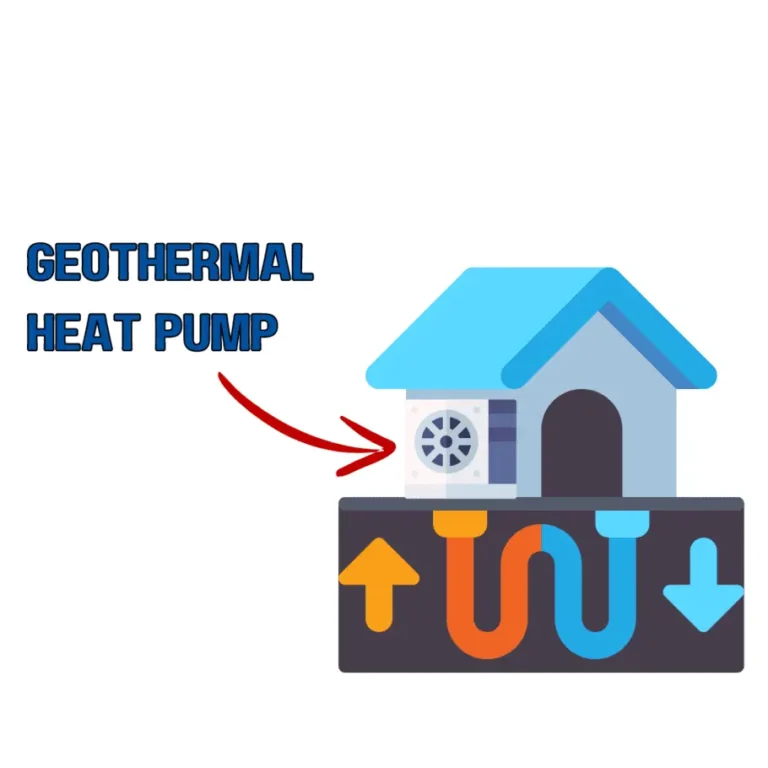
Furnaces and Boilers
Furnaces and boilers are traditional HVAC systems that are commonly used for heating homes. Furnaces use ducts to distribute warm air throughout the house, while boilers use pipes to distribute hot water or steam. Furnaces and boilers can be powered by gas, oil, or electricity. They are reliable and can last for many years if properly maintained. However, furnaces and boilers can be expensive to install and may not be as energy-efficient as other types of HVAC systems.
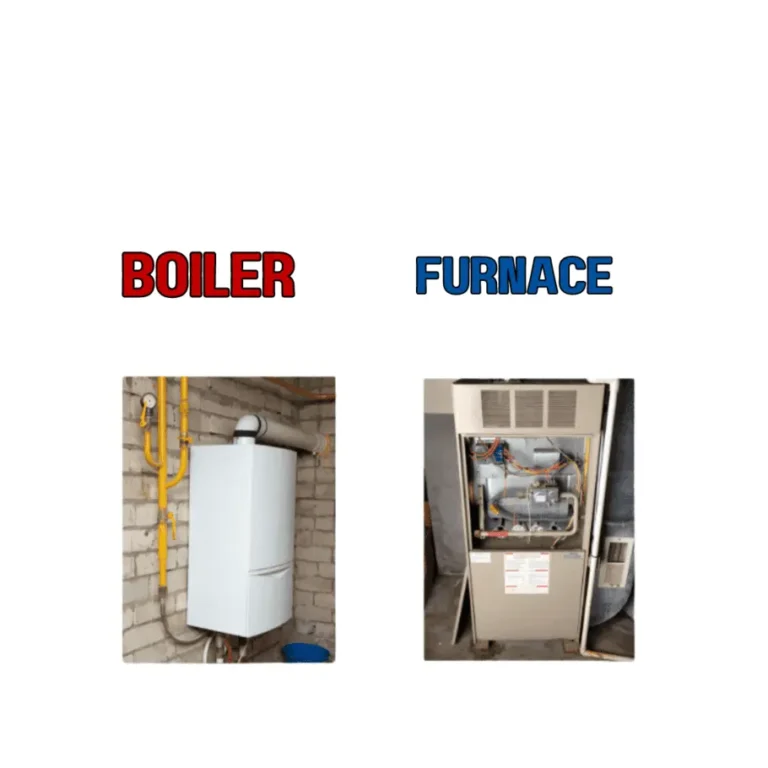
In summary, there are several types of HVAC systems available for heating and cooling homes. Each type has its own advantages and disadvantages, and homeowners should carefully consider their needs and budget before choosing an HVAC system.
Selecting the Right HVAC System
When it comes to selecting the right HVAC system for your home, there are several factors to consider. Here are some key considerations to keep in mind:
Energy Efficiency Ratings
One of the most important factors to consider when selecting an HVAC system is its energy efficiency rating. This rating is expressed in terms of SEER (Seasonal Energy Efficiency Ratio) for air conditioners and AFUE (Annual Fuel Utilization Efficiency) for furnaces. The higher the SEER or AFUE rating, the more efficient the system is, which can lead to significant energy savings over time. It is recommended to choose a system with a SEER rating of at least 14 and an AFUE rating of at least 80%.
Sizing and Professional Assessment
Proper sizing of an HVAC system is crucial for optimal performance and energy efficiency. A system that is too large or too small for your home can lead to energy waste and poor performance. It is recommended to have a professional assessment of your home’s heating and cooling needs to determine the appropriate size of the HVAC system.
Installation and Maintenance Considerations
Proper installation and regular maintenance are essential for the optimal performance and longevity of your HVAC system. It is important to choose a reputable and experienced HVAC contractor to install your system. Regular maintenance, including filter changes and system inspections, can help prevent breakdowns and prolong the life of your system. It is recommended to have your system serviced at least once a year.
By considering these factors and working with a knowledgeable HVAC contractor, you can select the right HVAC system for your home that will provide optimal performance, energy efficiency, and comfort for years to come.
Post views: 410
Latest posts
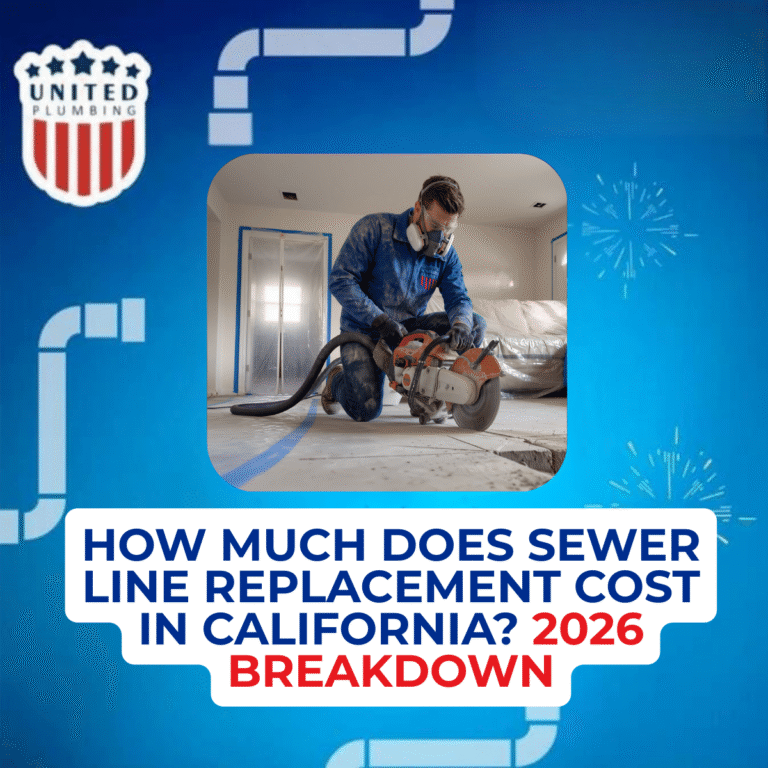
How Much Does Sewer Line Replacement Cost in California? 2026 Breakdown
In 2026, the average sewer line replacement cost in California ranges from 6,500 to 22,000 dollars. The final price...
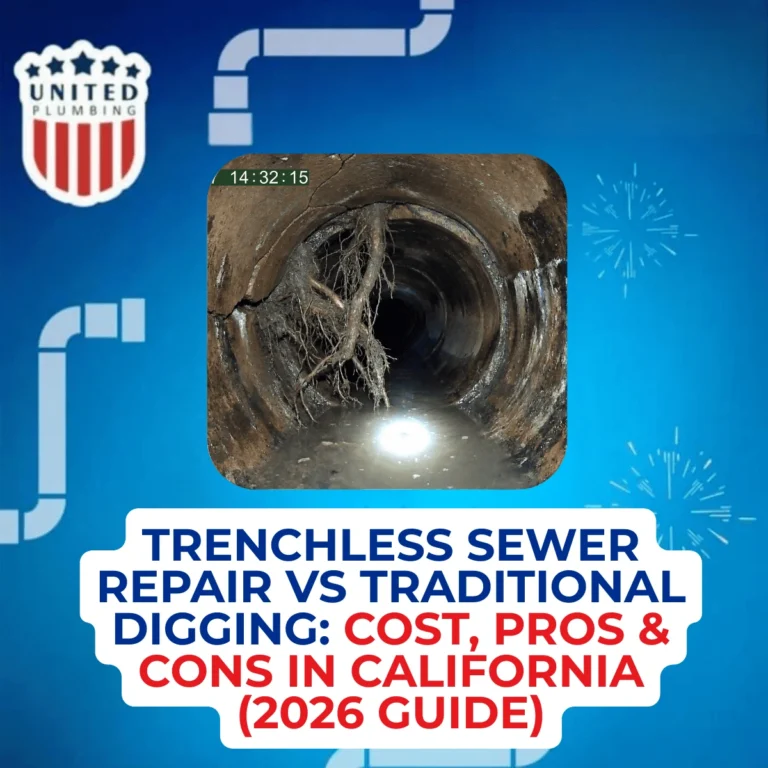
Trenchless Sewer Repair vs Traditional Digging: Cost, Pros & Cons in California (2026 Guide)
In California, trenchless sewer repair typically costs between $6,000 and $18,000, while traditional sewer line...


If you still have questions or need advice, please leave a request and we will contact you as soon as possible
Need a plumber and got no clue where to start?
(408) 539-6936Facing a plumbing issue? Get a FREE in-person estimate and quick solutions from our skilled technicians, ensuring your home runs smoothly again!
